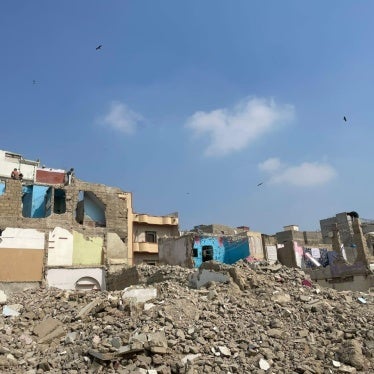For Pakistan’s beleaguered Shia Hazara community, Saturday’s suicide bombing was a gruesome déjà vu. The bomber targeted a busy shopping area in Hazara Town in Balochistan’s provincial capital of Quetta, The attack occurred on the eve of Eid, the three-day Muslim holiday that marks the end of the hajj, the annual Muslim pilgrimage to Mecca. Five people were killed and dozens more were injured. While there have been no claims of responsibility, the attack bears the hallmarks of the Sunni militant group Lakshar-e-Jhangvi (LeJ), a Pakistani-Taliban-affiliated organization that views Shia Muslims as heretics and their killing therefore as justified.
LeJ has frequently targeted Quetta’s Hazara community. On January 30, 2013, a suicide bombing claimed by LeJ of a Quetta snooker club frequented by Hazaras killed 96 and injured at least 150. Many of the dead and injured were victims of a car bomb that detonated nearby 10 minutes after the initial blast, intended to strike those who had gone to assist the injured. On February 17, 2013, a bomb detonated in a vegetable market in a predominantly Hazara neighborhood in Quetta, killing at least 84 Hazara and injuring more than 160. That atrocity occurred after LeJ militants had rigged hundreds of kilograms of explosives to a water tanker truck, which they detonated in the middle of the crowded shopping district.
The Pakistani government’s response to this violence suggests incompetence, indifference, or possible complicity by security forces and other state personnel with the militants. The authorities have failed to apprehend or prosecute members of LeJ and other militant groups that have claimed responsibility for such attacks. While Pakistan and Balochistan authorities claim to have arrested dozens of suspects linked to attacks against Shia since 2008, only a handful have actually been charged with any crimes.
This climate of impunity has traumatized Quetta’s Hazara community, and basic safety concerns have become overwhelming. Since 2012, Quetta’s Hazara have felt compelled to limit their activities to the Hazara-dominated neighborhoods of Marriabad and Hazara Town. That has created increasing economic hardships on the community and limited their freedom of movement and safe access to education. Hazara unwilling to endure such economic and social privation have fled Pakistan to seek refuge in other countries.
The slaughter of Pakistan’s Shia Hazara can be expected to continue until the government takes all necessary measures to stop the campaign of violence and bring the perpetrators to justice.






